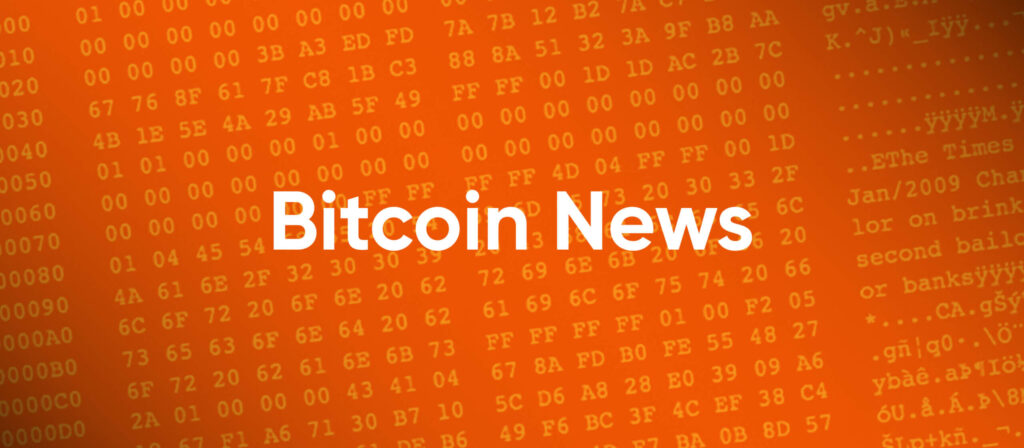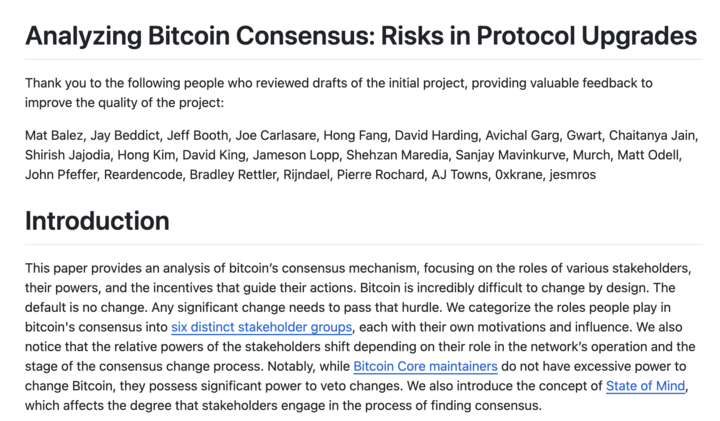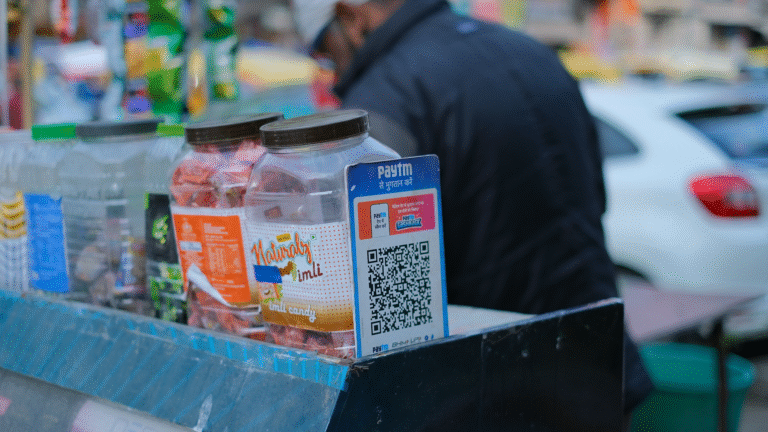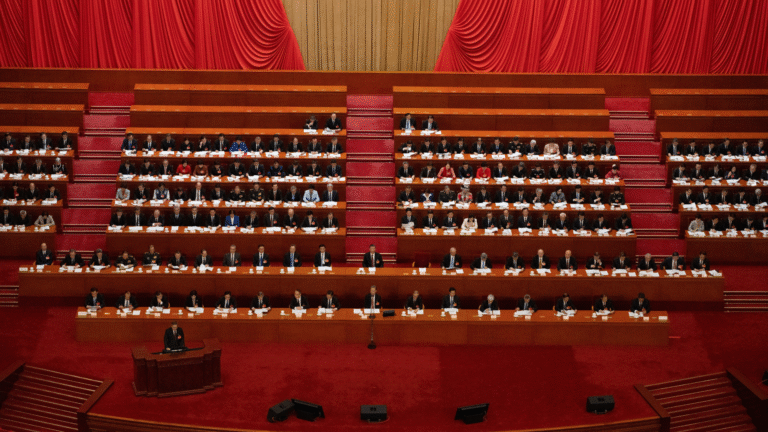The Financial Freedom Report is a newsletter focusing on how currency plays a key role in the civil liberties and human rights struggles of those living under authoritarian regimes. We also spotlight new tools and applications that can help individuals protect their financial freedom.
Good morning, readers!
Last week, Pakistan’s military-backed government proposed amendments to the State Bank of Pakistan Act (SBP) to open the door for a state-controlled central bank digital currency (CBDC). In a country already burdened by severe inflation, economic and political instability, and frequent Internet and financial restrictions, a CBDC would likely deepen state surveillance and repression, placing citizens, activists, and journalists’ financial lives further under government control.
As 2024 unfolds as a pivotal election year worldwide, we bring you updates on pro-democracy protests taking shape in Mozambique and Georgia, where longstanding authoritarian regimes stand accused of manipulating election results to maintain their grip on power. Citizens in both countries are rallying against regimes that have prioritized authoritarian control over addressing the financial and social challenges facing their people.
On the technology front, Boltz, a non-custodial bridge connecting different payment layers of Bitcoin, added support for BOLT 12 and Rootstock swaps. This grants users greater privacy and control when moving Bitcoin on and off the Lightning Network and provides access to digital assets like stablecoins on the Rootstock protocol. Activists and nonprofits operating in regions with limited financial services and abhorrent restrictions may find these features valuable tools to secure financial freedom.
We conclude with an insightful podcast featuring HRF’s chief strategy officer, Alex Gladstein, who discusses Bitcoin’s role in supporting human rights and democracy under repressive regimes. Also featured is a new paper co-authored by Steve Lee and Lyn Alden that details the risks, tradeoffs, and incentives involved when changing Bitcoin’s consensus mechanisms. This is a must-read to understand the technical challenges ahead when it comes to scaling self-custodial Bitcoin to the world.
Now, let’s dive right in!

Pakistan | Proposes Regulatory Framework for CBDC
Pakistan’s military-backed regime proposed amendments to the State Bank of Pakistan Act (SBP), ostensibly paving the way for introducing a central bank digital currency (CBDC). The amendments would grant the central bank the power to issue digital currency and conduct “CBDC business” while also introducing financial penalties for unauthorized digital currency issuance. This comes at a time when Pakistanis are already struggling with severe inflation and economic instability. On top of this, Internet censorship, mobile suspensions, and financial repression are routinely used to suppress protests and dissent. With financial activity under the purview of a repressive government, a CBDC could only serve to worsen state corruption, surveillance, and repression.
Mozambique | Protests Over Election Results Extending Frelimo’s Half-Century Rule
Protests are erupting across Mozambique after disputed election results handed the ruling Frelimo party another term. Frelimo’s half-century rule, marred by financial corruption, has left Mozambique one of the world’s poorest countries. Facing surmounting financial struggles, citizens took to the polls, but official counts awarded Frelimo’s Daniel Chapo 70.7% of the vote. Allegations of electoral fraud spread quickly, with the opposition accusing the ruling party of ballot-stuffing and registering an alleged 900,000 fake voters. Police have since responded to demonstrators with force, firing live bullets that have left more than 30 civilians dead — and Frelimo is now threatening to deploy the military. Mozambicans are witnessing a real-time regression in civil liberties and political freedom as they grapple with financial struggles imposed by a regime most concerned with maintaining power.
Burma | International Payment Services Suspended for Citizens
Perfect Monday and Payoneer, two of Burma’s largest international payment providers, announced they would suspend services for citizens in Burma. These payment providers are used extensively by Burmese citizens earning income online and abroad. Their sudden exit, prompted by local banking limitations and regulations imposed by the military junta, will leave many Burmese disconnected from the global economy and their income sources. This will not only impact freelancers and content creators but also risks isolating activists and civil society organizations receiving money abroad. In the face of these restrictions, Bitcoin presents a viable alternative. It enables peer-to-peer payments independent of junta-controlled banks, offering Burmese citizens a way to securely receive payments from abroad, participate in the global economy, and continue earning income absent authoritarian constraints.
Kenya | Requires Declaration of IMEI Upon Entry and Reinstates Finance Law
Beginning in January, Kenyan authorities will require all mobile devices brought into the country to have their International Mobile Equipment Identity (IMEI) numbers registered with the state. This will apply to importers, tourists, and manufacturers upon entering the country. Once linked with individuals’ SIM cards and personal details, IMEIs could grant authorities a more granular ability to track citizens in real-time. While officials claim this measure ensures all devices are “tax compliant” and registered, many are outraged by this blatant infringement of individual privacy. In tandem, Kenya’s Supreme Court has reinstated the country’s 2023 finance law, the predecessor of which was shelved earlier this year after widespread protests and unrest among citizens. The bill’s reinstatement includes higher taxes on citizens and a housing levy, dealing another blow to Kenyans’ financial stability and privacy.
Georgia | Citizens Rally Against Alleged Rigged Election
Georgia’s parliamentary election has sparked protests over alleged vote-rigging and authoritarian interference from Russia. Georgia’s opposition figures have denounced the Georgian Dream party’s narrow 54% win and are demanding a reelection supervised by international bodies. Thousands of citizens have gathered outside the Georgian Parliament, vowing demonstrations until their demands are met. The Georgian Dream party, increasingly seen as pro-Russian, spent 2024 passing numerous controversial laws. This includes a Kremlin-style foreign agents law that grants the regime greater financial control and surveillance over NGOs, nonprofits, and activists, as well as a new law curbing the rights and freedoms of the LGBTQ+ community. With the Georgian Dream party set to extend its decade-long rule, little light is left at the end of the tunnel for civil society and individual freedoms in Georgia.
Russia | Orders Arrest of Journalist for “Undesirable” Media
A Moscow court issued an arrest warrant in absentia for Kirill Martynov, editor-in-chief of Novaya Gazeta Europe, an independent, censorship-free news publication and HRF grantee, on charges of leading an “undesirable organization.” Russian courts ruled that Martynov should be jailed for two months pending a trial. Still, Martynov dismissed the charges as an attempt of repression, vowing that Novaya Gazeta Europe will continue to operate. This is but a small taste of the hardships and risks independent media regularly face when reporting on Russia. Novaya Gazeta already struggles with exile and having its access to traditional financial services curtailed.

Boltz | Introduces BOLT 12 and Rootstock Swaps
Boltz, a non-custodial bridge connecting different Bitcoin layers, introduced support for BOLT 12 and Rootstock swaps. BOLT 12 is an upgrade to the Lightning Network that introduces important enhancements, such as increased receiver privacy, greater censorship resistance, and reusable payment requests for recurring payments. With BOLT 12 swaps, Boltz makes it easier for users to move Bitcoin in and out of the Lightning Network without compromising control over their funds. Boltz also added support for Rootstock swaps, a Bitcoin sidechain focused on enhancing Bitcoin’s programmability. Rootstock has a variety of decentralized applications, letting users lend, borrow, and trade their Bitcoin. Swaps will make these applications more accessible for anyone by leveraging the Lightning Network.
RaspiBlitz | Introduces Public Pool Support and Zeus Connection
RaspiBlitz, a past HRF grantee offering a simple do-it-yourself Bitcoin and Lightning node, now supports Public Pool, an open-source mining pool optimized for low hash rate devices. This integration will enable users to run their own node while empowering them to participate in the Bitcoin mining process. The update also introduces compatibility with Zeus Wallet, a mobile Lightning wallet that connects to Core Lightning (an implementation of the Lightning Network), making it easier for users to manage their RaspiBlitz node from their mobile phones. These updates make it easier to run a node and mine bitcoin in a sovereign way.
DATUM | Now Live on Umbrel App Store
Decentralized Alternative Templates for Universal Mining (DATUM), a new bitcoin mining protocol that enables users to construct block templates from their own node (a computer that runs the Bitcoin software), is now available on the Umbrel (a home server) app store. Granting individual miners control over block construction enables them to mine individually or in a pool without relying on third-party servers. This will grant users more control over their Bitcoin mining setup and can help decentralize Bitcoin mining by empowering individuals and low-hash rate devices with the tools needed to mine Bitcoin.
OpenSats | Announces Eighth Wave of Nostr Grants
OpenSats, a public nonprofit funding free and open-source software and projects, announced its eighth round of grants for projects building on the decentralized Nostr protocol. Among the recipients is an NIP-44 Libraries Audit — an independent audit to secure Nostr’s encrypted messaging capabilities. This is critical to protect private communications on the protocol. OpenSats also awarded funding to Nostrability, a documentation project working to improve compatibility between different Nostr clients (such as Primal and Amethyst), making Nostr’s decentralized communications methods more reliable and accessible for users worldwide.
RECOMMENDED CONTENT
Bitcoin as a Force for Change – Untold Stories of Human Rights and Energy Innovation with Alex Gladstein
In this podcast episode, host Natalie Brunell interviews Alex Gladstein, HRF chief strategy officer, to discuss how Bitcoin serves as a vital tool for individuals in oppressive regimes, providing financial freedom and protection against censorship. Gladstein also details the role of Bitcoin mining in transforming wasted energy into economic value, offering a unique perspective on Bitcoin’s potential to drive energy innovation and empower marginalized communities. You can watch the full podcast here.
Analyzing Bitcoin Consensus: Risks in Protocol Upgrades by Lyn Alden, Steve Lee, and Ren
In this paper, macroeconomist Lyn Alden, Spiral lead Steve Lee, and digital asset developer Ren explore the complexities and risks involved in changing Bitcoin’s consensus rules. They explore how different stakeholders — such as miners, nodes, exchanges, and developers — hold distinct incentives and influence during consensus changes. This paper is essential for anyone interested in Bitcoin’s long-term trajectory, as it sheds light on the technical and economic challenges of maintaining and scaling a secure, decentralized network. You can read it here.
– If this email was forwarded to you and you enjoyed reading it, please consider subscribing to the Financial Freedom Report here.
– Support the newsletter by donating bitcoin to HRF’s Financial Freedom program via BTCPay.
– Want to contribute to the newsletter? Submit tips, stories, news, and ideas by emailing [email protected].
– The Bitcoin Development Fund (BDF) is accepting grant proposals on an ongoing basis. The Bitcoin Development Fund is looking to support Bitcoin developers, community builders, and educators. Submit proposals here.








